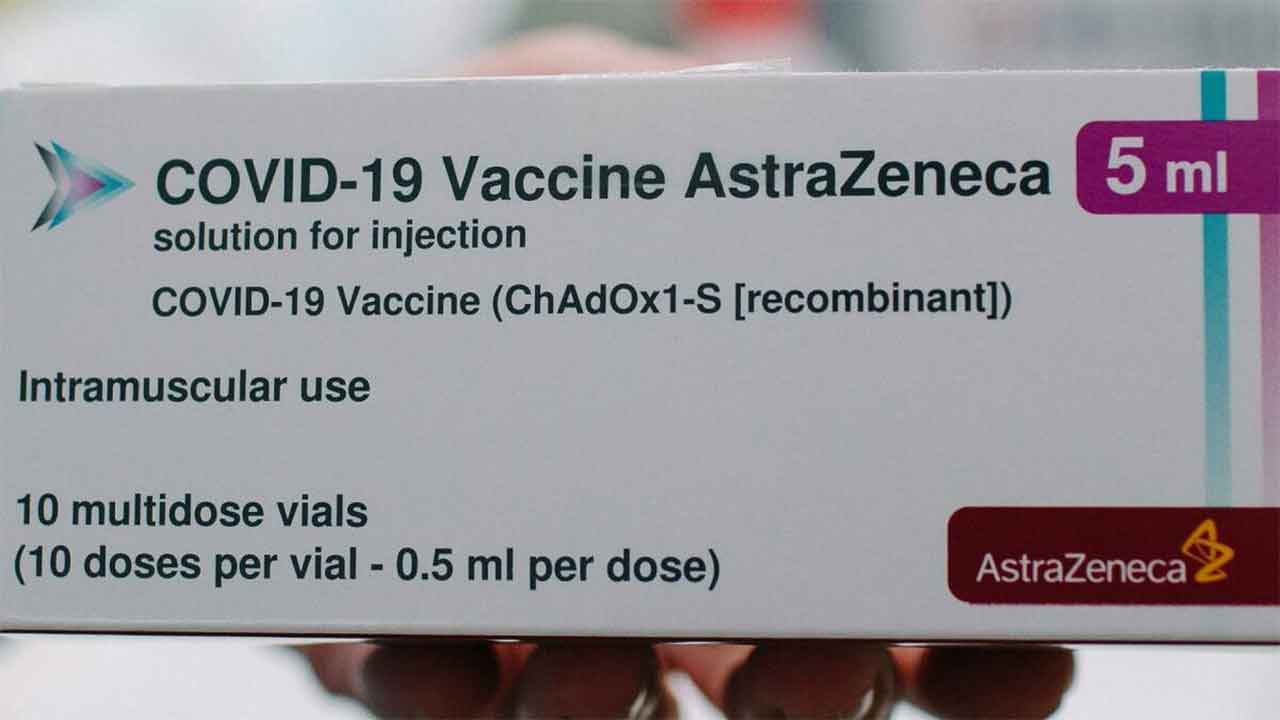Brain strain: neurological effects of COVID and vaccines compared

Concerns about the side-effects of COVID vaccinations have been amplified during the current pandemic by both the vast quantity of data that’s accumulating, and traditional- and social-media coverage.
Rare blood clots resulting from first doses of the Oxford-AstraZeneca (ChAdOx1nCoV-19) vaccine have been most prominently revealed. As a result there have been changes to the age range of people administered AstraZeneca vaccine, and in a few instances its suspension from national vaccination programs.
Now, a nationwide study of 32 million adults in England has revealed an increased, but low, risk of the rare neurological conditions Guillain-Barré syndrome (GBS) and Bell’s palsy following a first dose of the AstraZeneca vaccine. The study also revealed an increased, but low, risk of hemorrhagic stroke following a first dose of the Pfizer-BioNTech (BNT162b2) vaccine.
However, the research, published in Nature Medicine, also revealed a substantially higher risk of seven neurological outcomes, including GBS, after a positive SARS-CoV-2 test.
“Crucially, we found that the risk of neurological complications from [COVID] infection was substantially higher than the risk of adverse events from vaccinations in our population,” the authors wrote. “[F]or example, 145 excess cases versus 38 excess cases of Guillain-Barré syndrome per 10 million exposed in those who had a positive SARS-CoV-2 test and [AstraZeneca]-19 vaccine, respectively.”
“The risks of adverse neurological events following SARS-CoV-2 infection are much greater than those associated with vaccinations”
Cosmos has reported on the extraordinarily fine-mesh approach to monitoring vaccine side-effects in Australia, which as of early September had been unable to establish a clear link between GBS and AstraZeneca shots. All Australians vaccinated for COVID thus far have received one of the two vaccines examined in the new research, and their efficacy has been widely confirmed.
The study – a collaboration between several English and Scottish institutions – made its findings among English adults, which was then replicated in an independent national cohort of more than three million Scottish people.
The authors anticipate that these results will inform risk–benefit evaluations for vaccine programs as well as clinical decision-making and resource allocation for these rare neurological complications. They conclude their findings are likely to be of relevance to other countries, but that more studies need to be done.
“We believe that these findings are likely to be of relevance to other countries using these vaccines and it would be useful to replicate these results in similarly large datasets internationally,” wrote the authors, in conclusion.
“Importantly, the risks of adverse neurological events following SARS-CoV-2 infection are much greater than those associated with vaccinations, highlighting the benefits of ongoing vaccination programs.”
This article was originally published on Cosmos Magazine and was written by Cosmos.
Image: Wikimedia Commons
